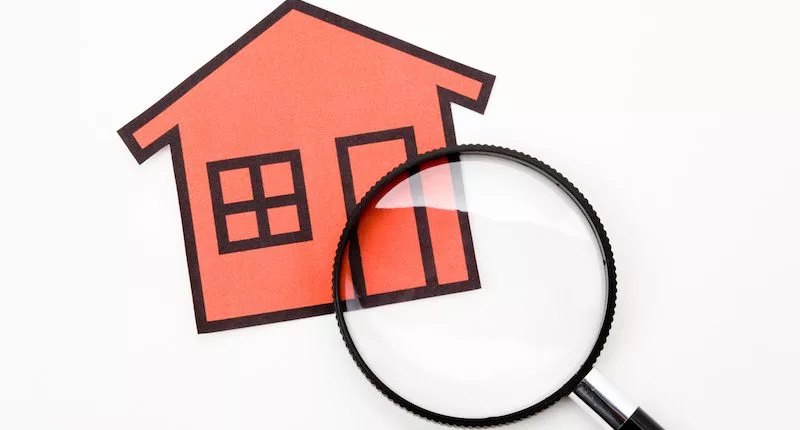Los Angeles Rent Control: Everything You Need to Know
It’s always helpful to learn about Los Angeles rent control, especially if you are currently affected due to the pandemic.
Here is everything you need to know.
Introduction
Millions of people reside in Los Angeles. And, while many in this population were born and raised here, many others were not. Some people come to Los Angeles looking for all the Hollywood glitz and glamour. Some find themselves here for college – and never leave. Some come for work and those who come in search of a better way of life. The culture, the art scene, the music industry, and the beautiful Pacific Ocean are just a few of the reasons why people are drawn to LA.
There is a high rate – approximately 64% in 2016 – of rental properties in Los Angeles. Some people rent due to preference while others don’t have a choice. And, that is how this area has become so renter-friendly. It’s just, well, normal!
Did you know that California has rent control laws that help take care of and protect these renters? It’s true. And, Los Angeles has added even more protections.
Let’s take a look at Los Angeles rent control – and everything you need to know about it.
Defining Los Angeles Rent Control
In a nutshell, rent control is when the government steps in to put a cap on the amount that can be charged for rental property. They are put in place to the cost of living affordable for residents. Rent control laws can be put in place – and enforced – by state, county, or local government.
Not many areas around the United States have rent control laws in place. Though, you will find the majority of these areas to be in New York, New Jersey, Maryland, Washington, D.C., Oregon, and California.
Rental History in Los Angeles
Throughout the state of California, there are millions – tens of millions – of renters. And, we all know that California can’t check the box for having a low cost of living, can it? Back before laws rent control laws were established in the 1970s, rent prices in all the major cities around the state were going up. Eventually, there were very few affordable places to rent.
This was not good for anyone.
The Costa Hawkins Act in 1995 pre-empted any existing local rent control ordinances. This act was put in place to exempt single-family homes, condos, and newly constructed apartment buildings from rent control. Vacancy control was also banned, allowing rental property owners with vacant properties to increase rent to market rate.
This just led to all sorts of issues.
As of January 1, 2020, the entire state of California must abide by act AB 1482. This act limits rent increases and takes away the right of rental property owners to evict tenants just because. In Los Angeles, however, they have considered this act and added their terms, too.
See, Los Angeles has had rent controls in various forms dating back to the 1920s. It is the Rent Stabilization Act of 1979, however, that has been the functioning system until recently. Ever heard rent control referred to as rent stabilization is LA? This 1979 act is why. Under this act, just about all apartments, duplexes, mobile homes, long-term boarding houses, and hotels were built before October 1, 1978. It should be noted that apartments built before 2005 are also subject to statewide rent control laws. This spread out to several cities in Los Angeles County, including West Hollywood, Beverly Hills, Santa Monica, Thousand Oaks, and Palm Springs.
And now, as a result of the COVID-19 pandemic, the Los Angeles City Council has halted rent increases as well as evictions for rent-controlled units. Initially put in place for 60 days, it has been extended with no definitive end date.
All of the rent control laws for the state, city, etc. can lead to some confusion. To clear things up a bit, we thought we would look at the key points from the two important sections: rent increases and evictions.
Rental Rate Increase
- Rent can only be raised one time within 12 months.
- And, when the rent is increased, the landlord can increase the cost of the security deposit by the same percentage.
- A 1% increase in rent can occur for the utilities that the landlord pays.
- Additional tenants (not initially stated on the lease) can result in a 10% increase in rent. However, rent must be decreased by 10% if the additional tenants move out.
- A minimum of 30 days’ notice must be given before rent increases.
- And, most importantly, the rent cap for rentals in Los Angeles is 8%, which is lower than most other areas in California.
Safety from Eviction
- Landlords cannot evict tenants for no reason (referred to as no-fault evictions). If they do, the city must be notified, and the landlord is responsible for paying relocation assistance. This amount can range from $8,500.00 to $21,200.00 and is based on the tenant’s income, length of tenancy, and the actual reason for the eviction.
- No-Fault evictions can occur when the rental is being taken off the market (permanently), the building is going to be demolished, legal violations from the government requiring evacuation, or if the tenant wants it for personal use.
- No tenant can be evicted for the sole purpose of selling the rental.
- Landlords can fill out the appropriate paperwork and offer buyouts to their tenants, but tenants are not obligated to take them.
The Good and Bad of Rental Control
Depending on where you fit in the equation, rent control can be both good and bad. For instance, tenants in rent-controlled rentals pay, on average, $3,240 less per year than those who pay market rates. The other side of the fence contains those who consider enforcing the ordinance a heavy burden for Los Angeles. And, they feel that the housing market would even out if rent was controlled solely by market forces.
Conclusion
Whether you are a landlord or a tenant, if you have questions, concerns, or need guidance when it comes to Los Angeles rent control, speaking to an attorney is where you should start. That way you can rest easy knowing that your rights are being handled legally and appropriately.
Are you in search for a certified attorney to represent you?
Let us help you find one today!



